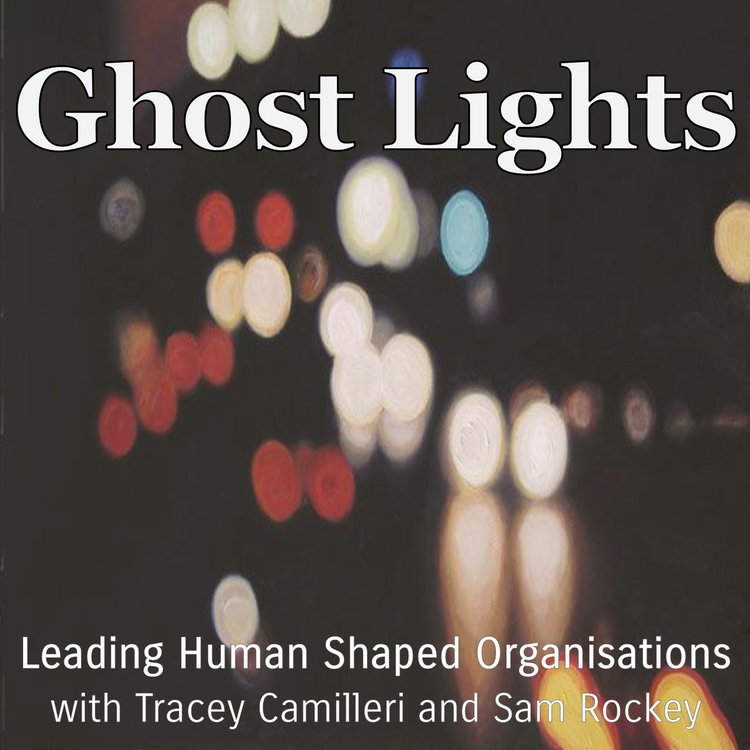
At any Moment Everything can Change | Margaret Heffernan
Loading player...
A conversation with Margaret Heffernan
In this wide ranging episode Tracey talks to Margaret Heffernan about the importance of paying attention to what is not being said - as well as learning to listen closely to others who have a very different perspective and experience of life. She ponders the limits and oversimplifying 'narrative tidiness' of stories told in the present about complex situations, as well as the blundering misuse of big data. She reflects on the inadequacy of what is still an essentially 19th century education system and the need for lifelong learning as we embark on Uncharted territory. She laments how many management processes seem designed precisely to constrain rather than enable experimentation, creativity and flexibility - the expression of our neuroplasticity.
Margaret refers back to her earlier book, 'How She Does It', as she talks about the different way in which women lead and establish systems in organisations. Thinking about an unknown future she hopes for a world where we can all be more curious, ask better questions, one where we are prepared to give up some of our comforts for the good of the next generation and, as leaders, tell the hard truths as we see them rather than settling for short term, easy lies that lead to the costly erosion of trust that we are currently living through.
In this wide ranging episode Tracey talks to Margaret Heffernan about the importance of paying attention to what is not being said - as well as learning to listen closely to others who have a very different perspective and experience of life. She ponders the limits and oversimplifying 'narrative tidiness' of stories told in the present about complex situations, as well as the blundering misuse of big data. She reflects on the inadequacy of what is still an essentially 19th century education system and the need for lifelong learning as we embark on Uncharted territory. She laments how many management processes seem designed precisely to constrain rather than enable experimentation, creativity and flexibility - the expression of our neuroplasticity.
Margaret refers back to her earlier book, 'How She Does It', as she talks about the different way in which women lead and establish systems in organisations. Thinking about an unknown future she hopes for a world where we can all be more curious, ask better questions, one where we are prepared to give up some of our comforts for the good of the next generation and, as leaders, tell the hard truths as we see them rather than settling for short term, easy lies that lead to the costly erosion of trust that we are currently living through.



